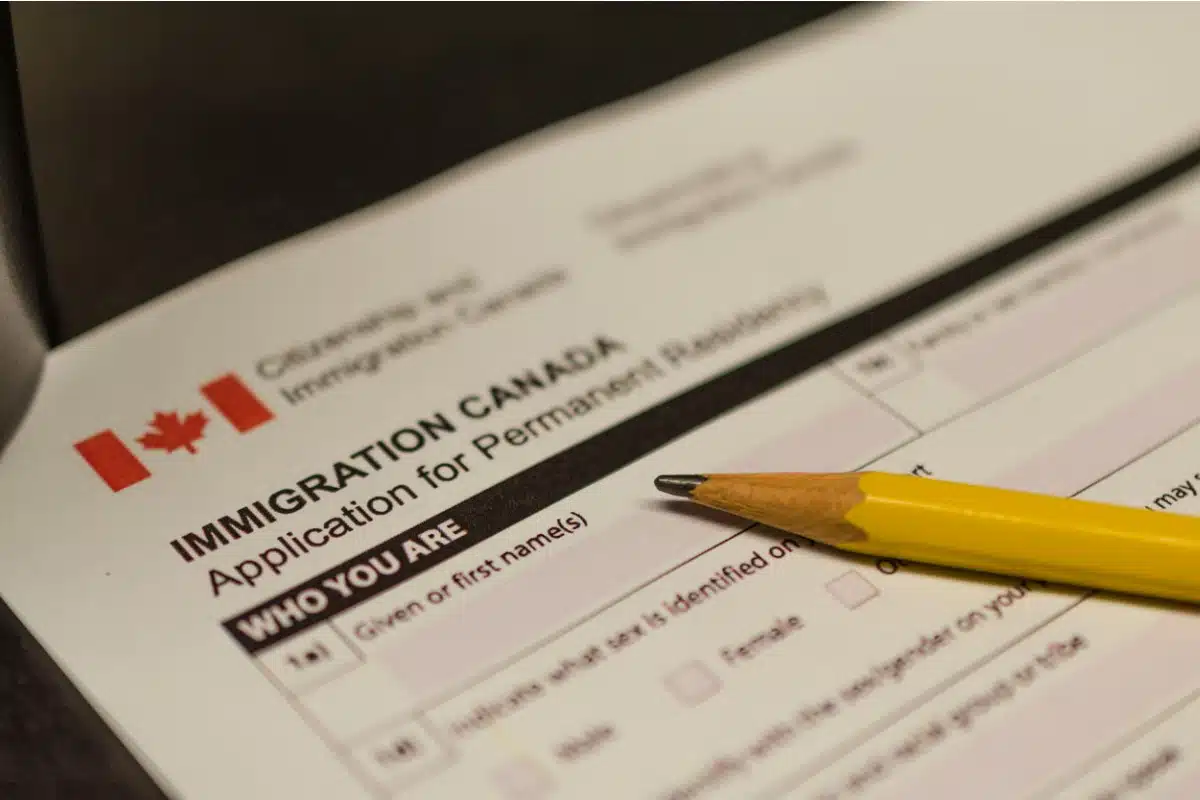Foreign nationals seek temporary residence (TR) in Canada for many reasons, including to work, study, or visit the country.
Although there are varying eligibility criteria and requirements for each TR pathway to Canada, many foreign nationals are keen to find out how long it will take them to arrive in Canada.
This is why Immigration, Refugees and Citizenship Canada (IRCC) publishes its service standards for processing applications.
These service standards, which vary depending on a candidate’s application type (work permit, study permit etc.), outline the number of weeks (or months) that IRCC has deemed reasonable to make a final decision on an application.
Service standards, therefore, provide applicants with a better idea of how long IRCC will take to decide whether their application will be approved, returned or denied.
Applicants should be aware that processing can take longer than IRCC’s published service standards depending on the type of permit they are applying for and where they are applying from.
Details about IRCC’s service standards
IRCC says that it aims to process 80% of submitted applications across almost* all lines of business within service standards.
*This applies to all TR lines of business except for International Experience Canada (IEC) work permits. See more in the IEC work permit section below.
Note: IRCC clarifies that service standards only apply to complete applications that include all required information and supporting documents. Also, processing time does not include the time it takes to send an application between a visa application centre and IRCC’s office, or the time it takes an applicant to submit biometrics.
Service standards for TR pathways in 2024
The following will outline IRCC’s service standards for Canada’s different temporary resident pathways.
Work permits
IRCC clarifies that the content presented below “excludes work permits processed under the Canada-Ukraine Authorization for Emergency Travel (CUAET) special measure.”
Work permit applications submitted outside Canada: All programs excluding IEC
IRCC service standard: 60 days
Work permit extensions submitted in Canada
IRCC service standard: 120 days
Work permit applications under the IEC
IRCC service standard: 56 days or less
Note: IRCC says that it targets meeting the service standard for 100% of submitted IEC work permit applications.
Economic
Issuance of opinions to employers on exemption from Labour Market Impact Assessment (LMIA) or work permit
IRCC service standard: 14 days
Study permits
New study permit applications submitted outside Canada
IRCC service standard: 60 days
Study permit (new permit and extension) applications submitted in Canada
IRCC service standard: 120 days
Visitor visa and electronic Travel Authorization (eTA)
New visitor visa applications submitted outside Canada
IRCC service standard: 14 days
New parent and grandparent super visa applications submitted outside Canada
IRCC service standard: 112 days
eTAs
IRCC service standard: Provide applicants with either an automated approval within 5 minutes or next steps within 72 hours (for applicants who do not receive a decision within 5 minutes).
How often did IRCC meet its TR service standards in 2022/2023?
Note: IRCC clarifies that the performance outlined below covers the fiscal year between April 1, 2022, and March 31, 2023.
According to IRCC’s own published numbers, the department had varying degrees of success concerning the timely processing of its TR applications in 2022/2023.
Work permit applications submitted outside Canada (all programs excluding IEC): 61% of applications were processed within the service standard
Work permit extensions submitted in Canada: 30% of applications were processed within the service standard
Work permit applications under the IEC: 100% of applications were processed within the service standard
Issuance of opinions to employers on exemption from LMIA or work permit: 93% of applications were processed within the service standard
New study permit applications submitted outside Canada: 59% of applications were processed within the service standard
Study permit (new permit and extension) applications submitted in Canada: 84% of applications were processed within the service standard
New visitor visa applications submitted outside Canada: 23% of applications were processed within the service standard
New parent and grandparent super visa applications submitted outside Canada: 67% of applications were processed within the service standard
eTAs: The five-minute service standard was met 89% of the time while the 72-hour service standard was met on 76% of applications

